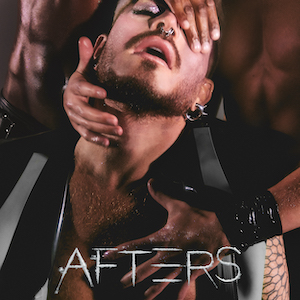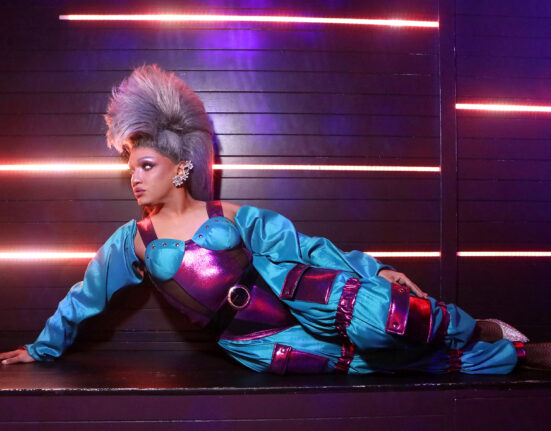Grammy nominated superstar and LGBTQ+ avant-garde pioneer Adam Lambert captures the quintessence of the modern queer culture with his orgasmic release of AFTERS, an EP exploring sexuality and liberation. With a flaming career manifested via revolutionary performances and an unwavering dedication to LGBTQ+ advocacy, Adam pushes the boundaries of what it means to be a queer artist in today’s music industry, with songs entitled “Deep House”, “Wet Dream”, “CVNTY”, “Neck”, “Lube” and “Face.”
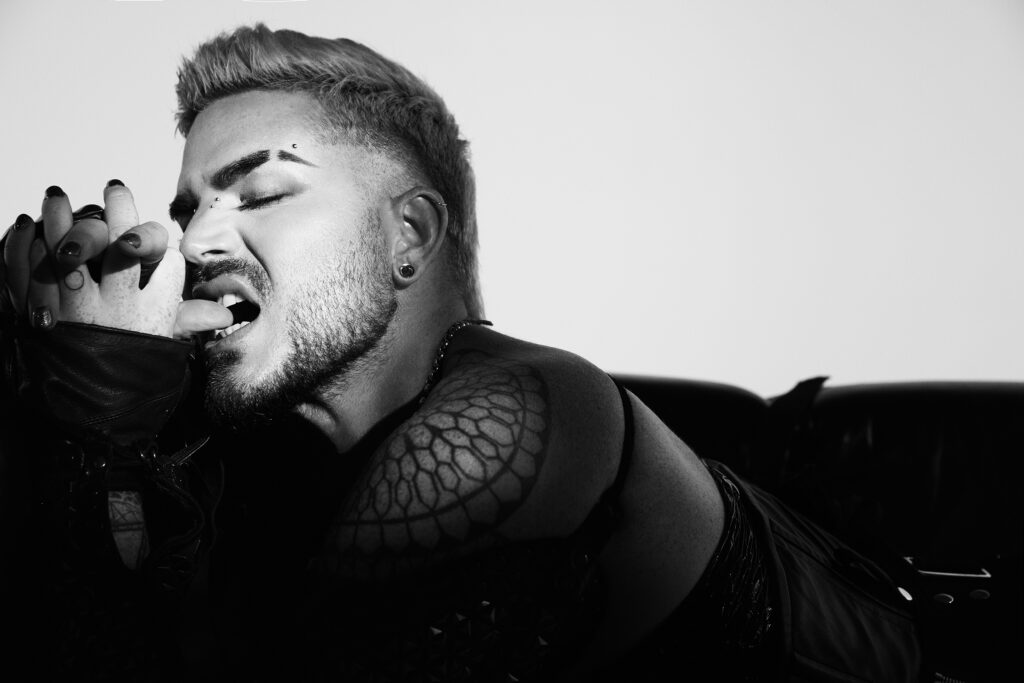
From his astounding beginnings on the eighth season of American Idol to his Grammy nomination, his performance at the Kennedy Center Honors where he reduced Cher to tears with the reading of her hit “Believe” and as current frontman for the iconic band Queen, Adam Lambert has entranced, tantalized and captured the hearts of audiences everywhere. His life and career are painted with colors beyond your wildest imagination.
I spoke to Adam in between his hosting of untamed AFTERS-parties in L.A. and New York while previewing his EP, leading up to its July 19th release. He teamed up with the legendary Susanne Bartsch, whose On Top party celebrated AFTERS with guests including DJ Griffin Maxwell Brooks and Aquaria (RuPaul’s Drag Race), and in L.A. , during his performance at WeHo Pride, guests included Kesha, Gottmik, Valentina (Drag Race) and Kevin McHale from Glee.
INTERVIEW
Congratulations on AFTERS…This EP goes beyond the word “inspired.” So what gave you the idea to do it in the first place?
You know, I’ve always loved dance music. I’ve always listened to it. That’s what I listen to in the car, in the gym, when I’m getting ready for a night out….I love a beat. I want to move. And I got into the recording studio with some friends and we did “Wet Dream.” That was the first song we created for this. I just loved it so much, that sound, being in that house, that genre, and being able to do some big kind of diva vocals, and I wanted to keep going. That kind of inspired me to say, “Hey, you know what? Let me do a few more of these that fit together.” What I realized in the subsequent writing sessions is that I just kept wanting to write about sex. It felt fun. It’s funny because in the past, I think I was a little more cautious about how blatant I was in my songs. Back when I started in 2009, it was sort of a whole different playing field, with being a gay man in mainstream music. The rules were very different. They were rules that weren’t necessarily spelled out, but you knew that they were rules, socially. I tried, pushing the envelope here and there, which I’ve always done, but there were setbacks and obstacles that I faced and I think over the years I had to sort of balance between following my gut on some things and expressing exactly what I wanted to express, but balancing that with, “Hey, I want to stay in the game.”
I didn’t want to blow my chances. So it was a bit of a balancing act that I had to do. I think so much of those rules and limitations have shifted and changed, and I guess I’m in a space now where I am realizing that It’s kind of cool that I can say what I want.
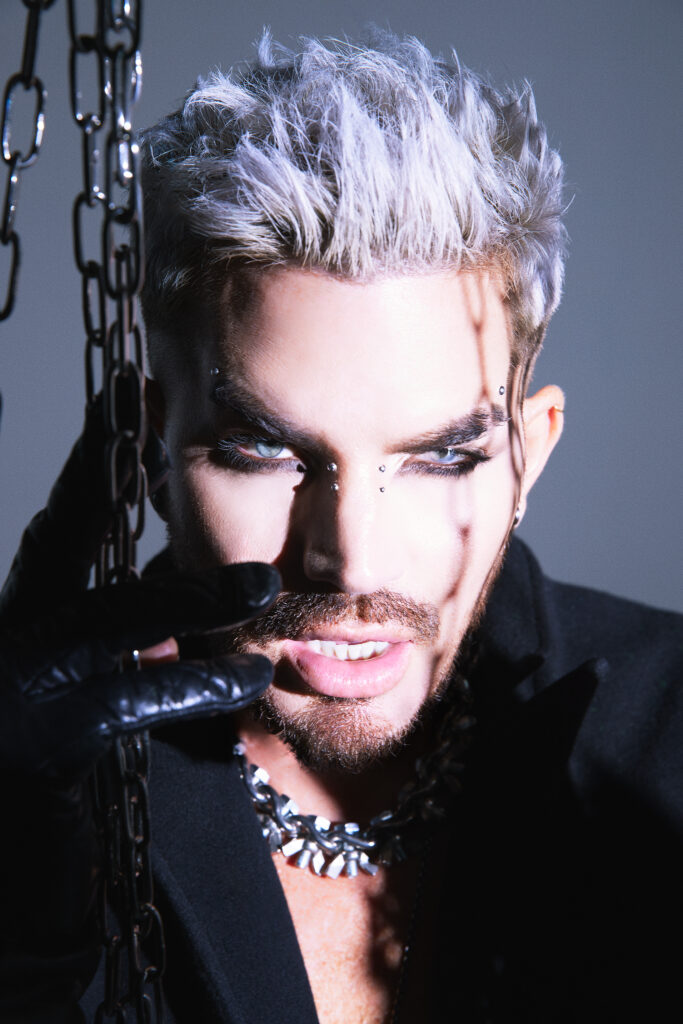
Do you view AFTERS as a risk, a challenge or a victory?
That’s a good question. I look at it as a PARTY! I look at it as a good time. That’s what it’s about. It’s literally about feeling free and empowered and sexual and confident. I wanted it to reflect my life and what I feel like when I go to a party, and socializing and flirting and all that stuff. That’s what it feels like.
Your song “CVNTY”…It kind of sounds like an STD..but I know it’s not…
Well, I’ve been joking with everyone. We put it in the V, so if you wanted to pronounce it, you could say it as if it were a Yiddish word…kvetching about your CVNTY friends. Very New York.
I love that word more than life itself.
Me too. It was funny to me that it did raise some eyebrows and I guess I really didn’t think about it because in the circles that I run in, it is not a negative word. When you describe something as “cunty”, it’s kind of like, “Oh, that’s fierce.”
I love to be called a cunt…. So is AFTERS about after the party or after the relationship?
It’s really about after the party. Well…the party after the party. It’s about that because an after party has no rules. You go to a club, you go out for the night and it’s exciting and wonderful and I love doing that. You dress up, you have to stand in line here and order a drink here. But when you go to the after party, there are no rules. There’s no line, and you don’t have to play nice. And by then, most people are probably inebriated, so their inhibitions are gone. It’s fun and people let their hair down at an after party. So that was what I was trying to capture. A visceral, action oriented sense of freedom.
You obviously do a lot for the gay community and the queer artists. Were you thinking of the music first or putting an emphasis on queer culture?
Well, I think when I went into writing, most of the songs we were figuring what each song would be about and what we were saying, lyrically. I think in the past I might’ve said, “Oh, let me edit myself; this might’ve been too much for somebody.” But with this one, I kind of went, “I know exactly who this is about and who I want to respond to this, so I’m not going to edit myself….I’m going to sing about the things that we are all talking about. So in a way it’s very real. Certain activities or phrases or comments are literally things that I’ve heard at parties.
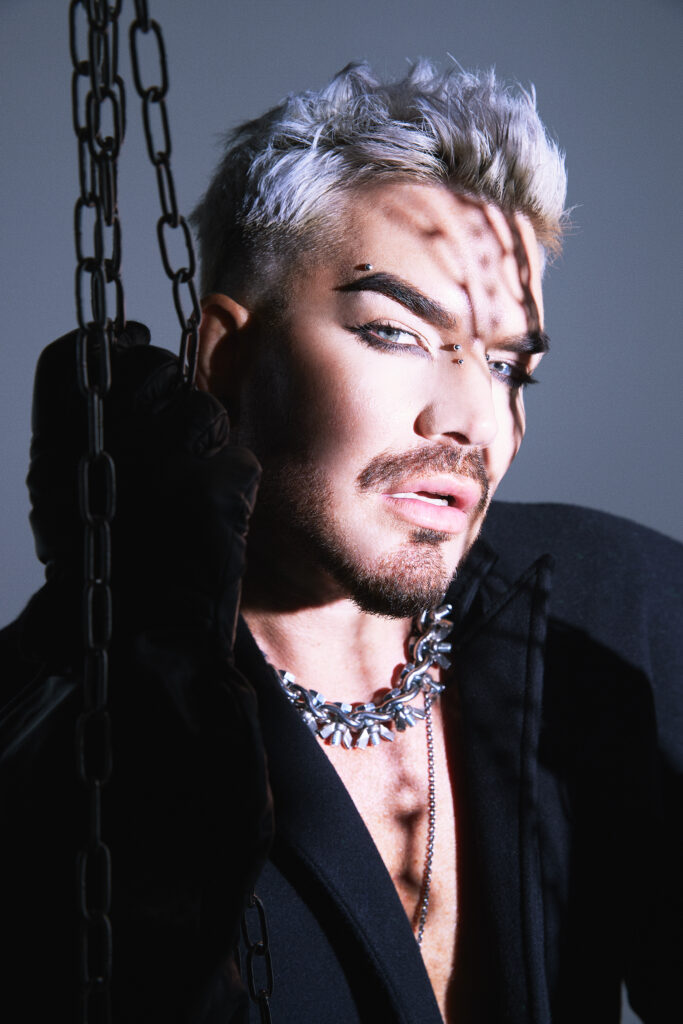
Have you had your ultimate stage fantasy yet?
Ohhhh…I mean, listen, with Queen we’ve done some wild, wild opportunities.
I mean, singing at the Queen’s Jubilee or at the Oscars in 2019. I’ve done really big stages with Queen. Those moments live in my mind. These milestones, those scrapbook kind of gold moments. I’m sure there were other stages that I haven’t played yet that I would love to play, that would feel as big accomplishments as well. I’m looking to the future and not slowing down.
You’ve been promoting the record at these really cool after parties, but if you decide to tour in support of the EP, are you planning on breaking any more of those barriers that you have in the past?
Meaning?
Kissing men on stage…or whatever?
Oh, I’m sure. That’s been known to happen….I mean, why not?
You’ve been promoting the record and it’s out today, which is amazing..
Yay!
What do you hope that straight people might take away from this record?
The thing is that all these feelings are universal. You don’t have to be queer to understand, “Hey, I want to feel sexy” or “Hey, I’m attracted to this person.” If you break it down, they are all sort of human desires. I don’t think that it should exclude anybody, and if anybody feels that way, they might not be listening closely enough.
One of the things that I’ve always sort of preached is focusing on how we are all the same versus how we are different. Another thing is, we don’t have to have the exact same experiences in order to enjoy a song.
Yeah. I mean, look at Sexyy Red and Megan Thee Stallion. They’ve been rapping about sex for a while.
Yeah…and again, it goes back to the double standard that I always talk about, which has been sort of blatant in all parts of my career. Prince–in “Cream”, he’s talking about a woman. ”Cream, get on top”. I could relate to that, even though I’m not with a woman in the bedroom. So why is the reverse not true?
